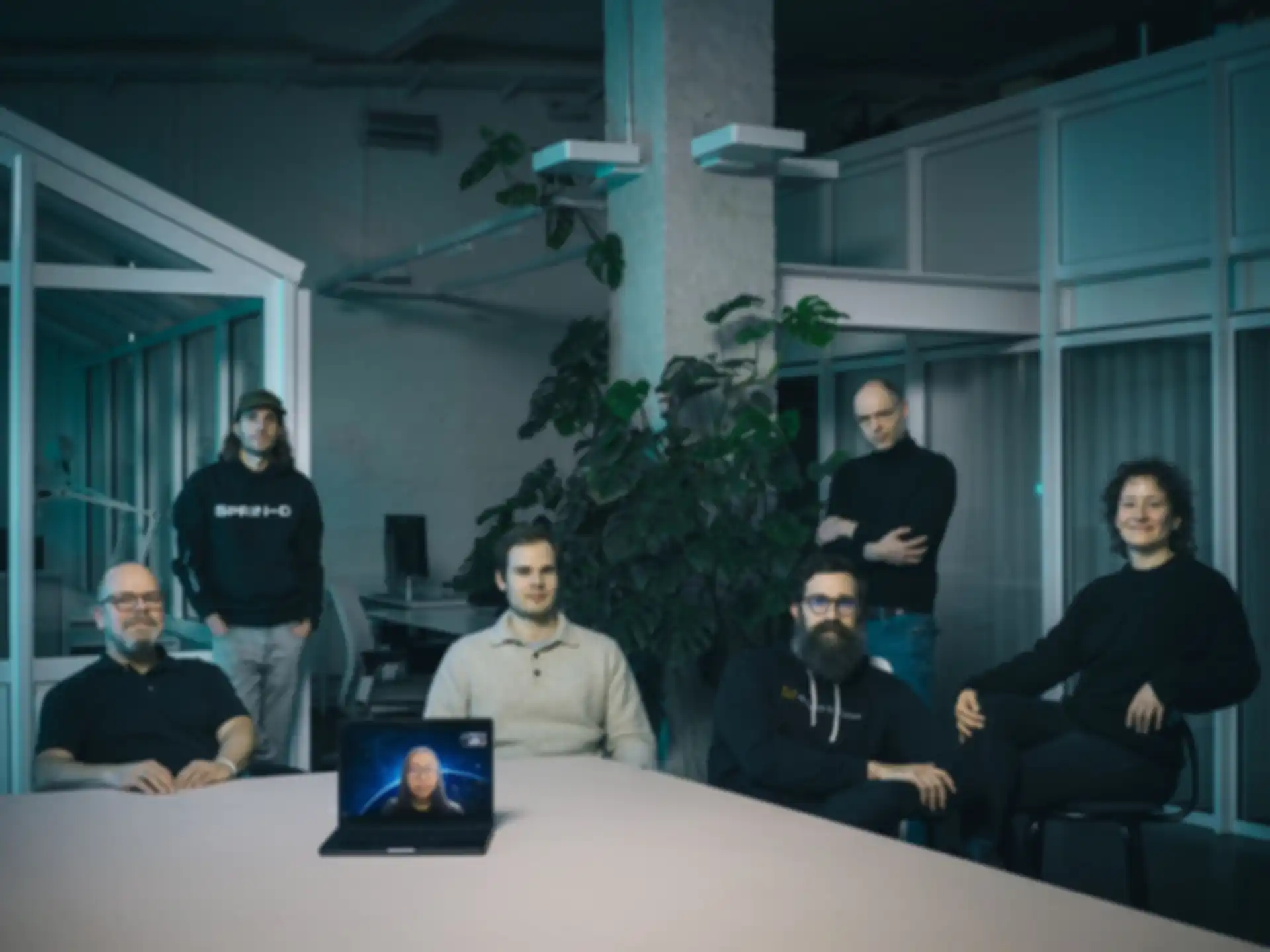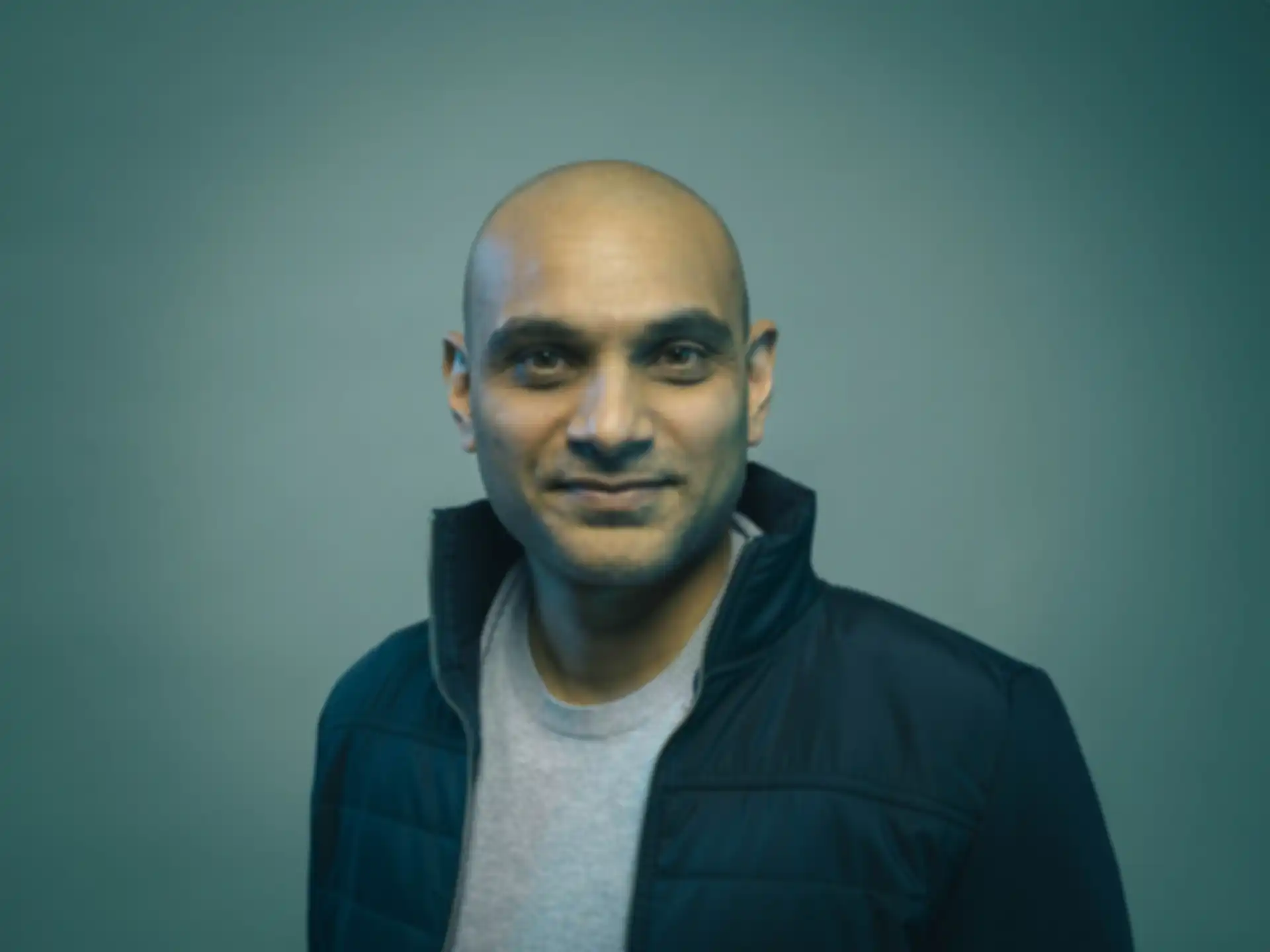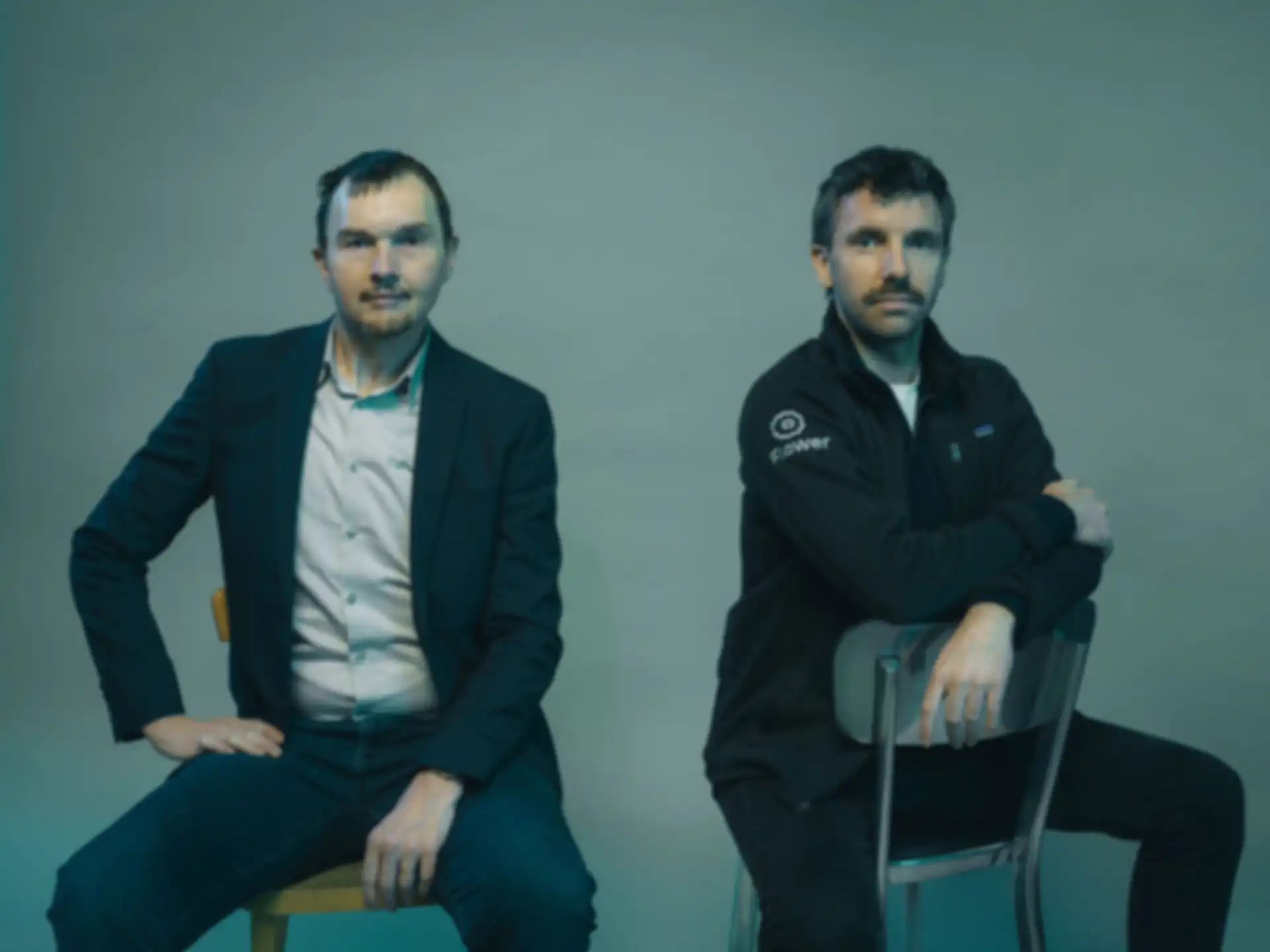2/4/2025
EXPANDING THE BOUNDARIES OF DECENTRALIZED AI MODEL TRAINING
Jury selects seven teams to participate in stage 1 of the SPRIND Challenge Composite Learning
AI models transform our society and the economy – they can drive medical breakthroughs, enable self-learning industrial robots, or optimize complex traffic systems. However, high-performance AI training remains dependent on expensive, centralized data centers. Only few players have the resources to train these large models. Access for SMEs and startups is limited, particularly in Germany and Europe, where advanced computing resources still fall behind.
To address this challenge, SPRIND has invited 17 teams from across Europe to Leipzig to pitch their ideas for a robust and scalable framework for Composite Learning, enabling AI training across diverse and decentralized systems. The participating teams have proposed innovative solutions aimed at delivering benefits such as reduced cost and environmental impact of AI training, accelerated time-to-market for new models and efficient data privacy.
The expert jury—comprised of AI industry experts, VC funders, and academics—has selected seven outstanding teams from over 50 applications. These teams, representing universities and startups from Germany, France, and the UK, have introduced groundbreaking approaches that redefine AI model training beyond the current state of the art. Their solutions emphasize efficiency, scalability, and adaptability, with many already taking key steps toward commercialization.

The selected teams include exalsius (by logsight.ai GmbH and TU Berlin), SymphonyLearn (by TU Darmstadt), Hypha (by Katulu GmbH, Hamburg), AETHER – SEMRON’s Open Source Composite Learning Framework (by SEMRON), CambridgeFlower (by University of Cambridge and Flower Labs), MOSAIC (by Jiva.ai), and Planetary Compute Platform (by DELTAWAVE.FR). Their expertise spans diverse AI applications, from decentralized learning and data-centric optimization to agent-based modeling and federated computing. Many of these teams have a strong track record of collaboration and have launched spin-offs or secured industrial partnerships in sectors such as medical technology and industrial automation.
During Stage 1 of the Challenge, each team will receive up to EUR 530,000 for the next twelve months. Beyond financial backing, SPRIND provides comprehensive support to the cohort through individual mentoring, fostering connections between teams to leverage their collective strengths, and facilitating access to industry leaders.
In January 2026, the teams will present their solutions to the jury again. The jury will review interim results, evaluating which teams display the strongest potential for transformative innovation and advance to Stage 2, with funding of up to EUR 520,000 (plus VAT) per team for the next nine months. For those moving into Stage 3 in October 2026, SPRIND will provide up to EUR 600,000 (plus VAT) to support further development.
The teams are working at the technological frontier shaping the future of decentralized AI training. The aim of the challenge is to develop a comprehensive framework demonstrating the potential of composite learning in distributed and heterogeneous environments. The solutions are intended to show how AI models can be trained efficiently and safely in different locations, with different hardware and data. Ideally, participants will develop innovative approaches for overcoming existing barriers, such as a lack of compatibility between chips, communication bottlenecks, and dependence on central update servers.
The innovation competition builds on the work of the Federal Ministry for Economic Affairs and Climate Action’s IPCEI-CIS to promote digital sovereignty in Germany and Europe. The overarching funding objective is to develop advanced technologies for the multi-provider cloud-edge continuum,
which will enable the exchange and processing of large volumes of data with extremely low latency.
Further information on the challenge can be found here.
More about this topic











